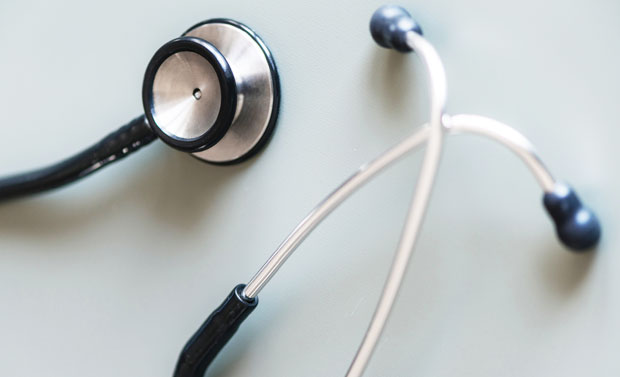What Are the Signs of Early Menopause?

What Are the Signs of Early Menopause & What Can You Do?
Most women start going through menopause somewhere between the ages of 45 and 55, but some women go through early menopause as early as in their twenties or thirties. It can happen naturally or be a side effect of some treatments. What are the signs of early menopause and what can you do to treat your symptoms?
Let’s first look at the causes of early menopause. There are a few common reasons for early menopause and one is simply that the ovaries stop working and stop making normal levels of hormones, particularly oestrogen. The cause is unknown, but it can possibly be caused by chromosome abnormalities, autoimmune diseases or infections like tuberculosis, malaria or mumps, though this is rare. Premature ovarian failure can also run in families, so if you have any relatives who have gone through menopause very early, you might be at a higher risk too.
Another common cause for early menopause is cancer treatments like radiotherapy and chemotherapy that can cause premature ovarian failure that’s either permanent or temporary. The risk depends on your age (prepubescent girls can tolerate stronger treatments), the type of chemotherapy treatment and where on your body any radiotherapy is focused — the areas around your brain and pelvis are the most sensitive ones for this.
Something else that will cause early menopause is surgically removing both ovaries which might have to be done if you have a hysterectomy, for example. If you’ve undergone this surgery and are concerned about weight gain after the hysterectomy, it’s crucial to understand its potential link to menopausal changes.

The Symptoms of Early Menopause
The main symptom is that your periods become infrequent or stop completely before the age of 45 and there’s no other reason such as pregnancy or a contraceptive method that can impact your periods.
Other typical symptoms include hot flushes, night sweats, vaginal dryness (you can read more here about vaginal dryness as a symptom of menopause), discomfort during sex, reduced libido, sleeping difficulties, low mood, and anxiety. Some women also have problems with their memory and struggle to concentrate. The low levels of oestrogen also means an increased risk of osteoporosis and cardiovascular disease. Book an appointment with your GP or a hormone specialist if you’re experiencing symptoms that are negatively affecting your life.

Diagnosis & Treatments
If your periods have stopped or become infrequent for no reason and you’re under 45 years old, book an appointment to see your GP who should be able to diagnose you based on your symptoms, family history and by taking a blood test to check hormone levels.
To treat early menopause, your doctor will most likely suggest the combined contraceptive pill or HRT to make up for the hormones that you’re missing. Kliofem tablets can help treat menopause symptoms, too. This will be a long-term treatment that is usually recommended beyond the age that you would normally reach natural menopause to give you the best protection. Hormonal treatment might not be possible if you’ve had certain types of cancer.
Support
Going through early menopause can be very upsetting and life changing too. Naturally, it can affect your ability to have children but you may still be able to have a baby using IVF and donated or stored eggs. Reach out to find support groups near you to help you through this if you feel that you need some extra support or simply need to talk to other women who are going through the same thing. There are forums online too, if you can’t find any groups local to you.
Collaborative Article. Contains sponsored links.




